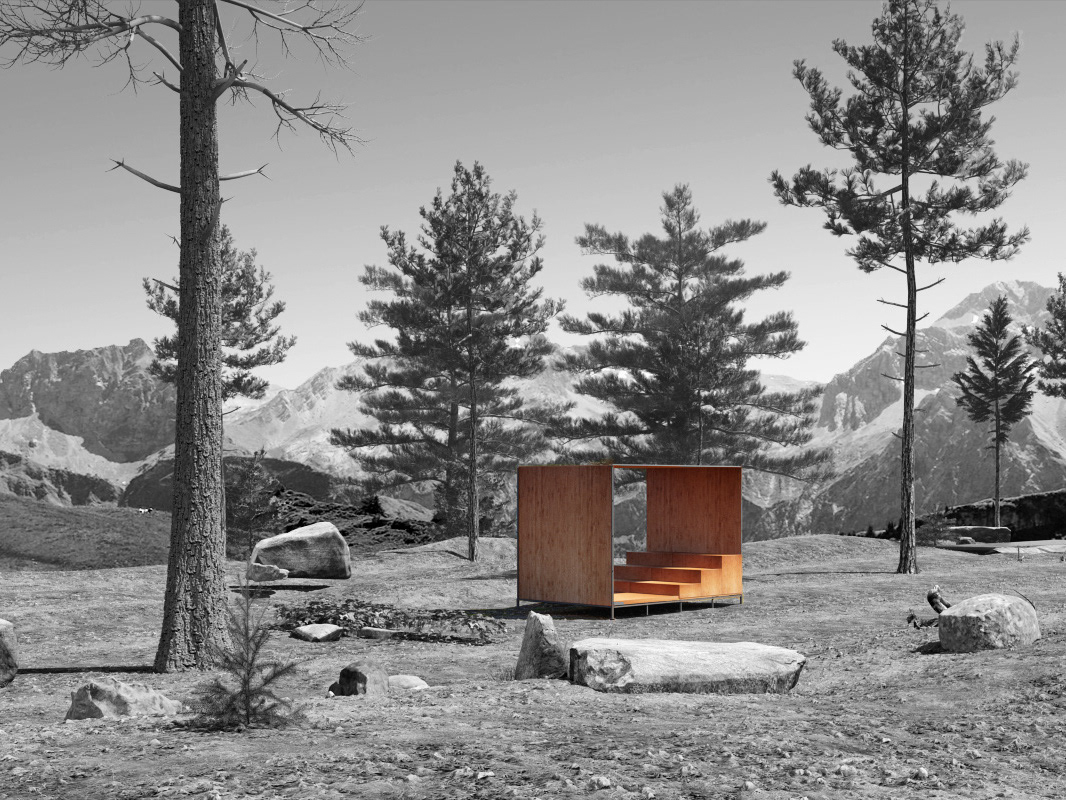The Patriarch "Art Installation"
Salons - Collections of Memory and Loss
Exhibition at A M Qattan Foundation
Home, as a notion for Palestinians, is intertwined with many metaphors and meanings, and is both a place of rootedness and displacement. Rootedness commonly refers to the land—occupied homeland—and displacement from it in reference to dispossessed Palestinians in the diaspora and refugee camps. Land is a major component of the imagination of home. Home is, therefore, the place where one tills the land, waters a vine tree and tastes the honey-sweet fig on summer mornings. Home is a reflection of its dwellers and their tangible and intangible cultural heritage—whether in the broad language of landscape, in the urban fabric of cities and villages or in the material culture of collected objects in their salons.
Salons are spaces of hospitality and guesthood, articulated in the image of a domestic museum: a collection on display that constructs the identity of the families’ household and their beliefs, social strata and kinship. The material culture of salons exhibit relationships of loss and memory, celebrating both ancestral life and death. Shrine-like constructions within them act as glorifying memorials celebrating patriarchal kinship, martyrdom and lost political leaders or cultural figures. Nonetheless, the prevailing urbanisation of Palestine and its pursued modernity can be traced to salons, through the eroding relationship to the landscape represented in floral motifs, synthetic plants, scenic paintings on the wall and pots of exotic flora.
Salons are spaces of hospitality and guesthood, articulated in the image of a domestic museum: a collection on display that constructs the identity of the families’ household and their beliefs, social strata and kinship. The material culture of salons exhibit relationships of loss and memory, celebrating both ancestral life and death. Shrine-like constructions within them act as glorifying memorials celebrating patriarchal kinship, martyrdom and lost political leaders or cultural figures. Nonetheless, the prevailing urbanisation of Palestine and its pursued modernity can be traced to salons, through the eroding relationship to the landscape represented in floral motifs, synthetic plants, scenic paintings on the wall and pots of exotic flora.
These spaces conjure stories of how we practice our faith, relate to the world, present our treasures and cater to our guests. Salons thus become small domestic museums of memory, recollection and representation, preserving and reflecting on ever-changing Palestinian identities.
The exhibition aims to look specifically at the objects on the walls, forming the home’s physical nature while symbolising the family’s identity and their social, religious and political inclinations.
The art statement of Amer Abu Matar
With much pomp, a portrait of an empty ceremonial chair, in royal red velvet, is presented in a framed canvas encased in resistant glass – an untouchable and sacred image.
The chair represents an icon of patriarchal authority present in every Palestinian salon. We feel afraid of it, but when we see it here, we become overwhelmed with a desire to kidnap it, either to put it in a better place, or to hide it.
This project challenges the value and status given to patriarchy and its institutionalization and perpetuation in society. Its "museumification" is achieved on different levels, by using a canvas, frame, and enclosed display case to make it appear unattainable, but also to give a sense of being frozen in time and place.
For more about the exhibition, see the articles and links below.
